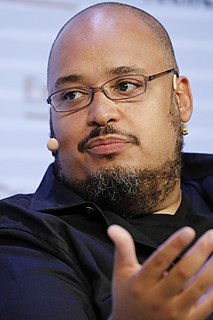A Quote by Sam Altman
Every thing at a startup gets modeled after the founders. Whatever the founders do becomes the culture.
Related Quotes
I felt that we could hardly improve on the conception of the university expressed by one of the founders of the modern system, Wilhelm von Humboldt, also one of the founders of classical liberalism. That seems to me true today as well, though ideals of course have to be adapted to changing circumstances.



























